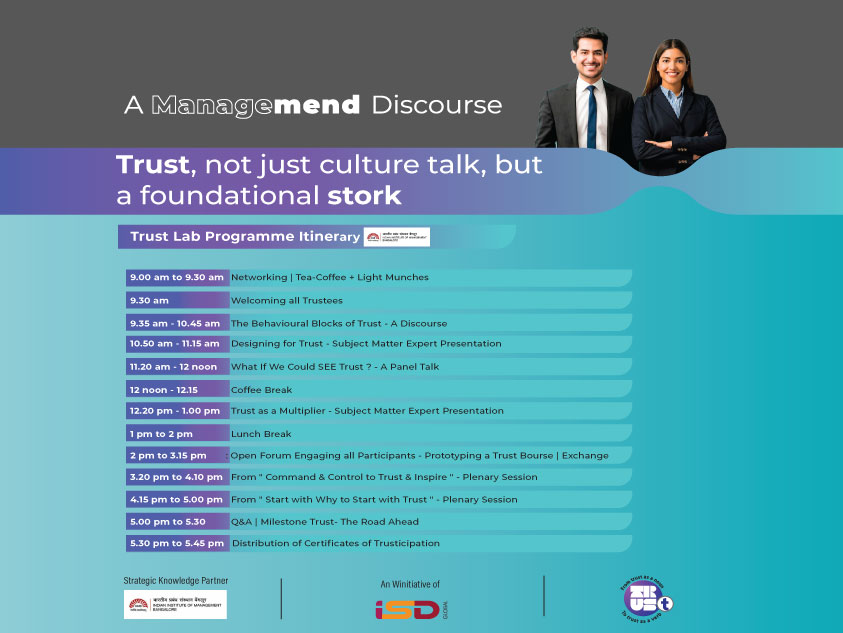If you’ve ever left a review for a neighborhood restaurant on Yelp, you’ve influenced a local business’s marketing. That’s exactly the same strategy that IBM is now using to drive multi-million-dollar software and IoT sales.
Apparently the same approach scales from a $10 hamburger to a $2 million Watson IoT installation.
“Clients are so influenced by their consumer experiences,” IBM’s chief marketing officer for Watson IoT, Amber Armstrong, told me last week. “You’re going to a restaurant … you check OpenTable or Yelp. These are the exact same people that are making decisions on multi-million dollar software decisions … they still want to know what their peers think, and it’s up to us to ensure it’s as easy as possible for them.”
Armstrong leads marketing for the division of IBM that helps enterprises and governments maintain and operate critical assets, like bridges or elevators or factories. In her 13 years at IBM, she’s held nine different roles, literally growing from a line marketing manager to the C-suite.
Her current focus is driving value from all a client’s IoT devices via AI-driven insights.
In order to do so, she has to find the right clients rather than wasting her team’s time and effort talking to people in industries that don’t see the benefit.
She does that via customer reviews – and insights built on top of them.
“Previously we marketed to roles across industries,” Armstrong told me. “Now we market to industries … we get a lot of data from G2 that tell us what trends are happening, what customers are looking for, and what they’re saying about us.”
IBM can also feed data from G2 into their innovation pipeline based on customer requests.
G2 is one of a number of enterprise review sites including TrustRadius, BuiltWith, TechTarget, and Software Insider. According to Owler, the top 10 companies in the segment have raised over $745 million and have over 2,200 employees.
According to Armstrong, what were once primarily B2C tactics are now the future of B2B marketing.
She recently launched a new asset monitoring product, called Maximo, which offers AI-powered anomaly detection. IBM says it was significantly reduce costs and improve maintenance in the energy, civil infrastructure, and manufacturing spaces.
Companies in those spaces tend to be large and make decisions collectively, which review sites can help with.
“G2 does something really interesting,” Armstrong said. “We have an account-based marketing dashboard, and for the accounts we’ve targeted, we can see how many visits we’ve had, how many have engaged, how many have gone through to wins, and how many have been on G2. That’s really impactful for us.”
The biggest help: in enterprise deals, six to eight people are making the decision, not one. Now Armstrong can impact multiple people, and see what the result has been.
In a way, she said, what’s old is new again.
“It’s almost one of those things that comes around again … the pendulum swings,” Armstrong said. “13 years ago we did industry marketing … it shifted a bit And now we’re really focusing back there from an IoT perspective.”
–
This article first appeared in www.forbes.com
Seeking to build and grow your brand using the force of consumer insight, strategic foresight, creative disruption and technology prowess? Talk to us at +9714 3867728 or mail: info@groupisd.com or visit www.groupisd.com



